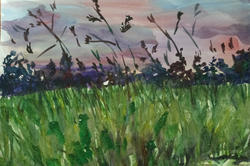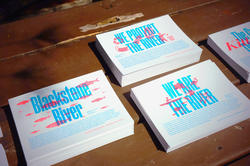Students examine a local island habitat through the lenses of environmental justice and Indigenous perspectives.
Finding Hope in the Face of Climate Change
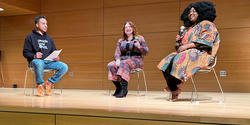
When the judges of this year’s Imagine 2200: Climate Fiction for Future Ancestors contest reviewed submissions, they were looking for something specific: hope. “You have to speak about hope in order to manifest it,” says award-winning author and contest judge Sheree Renée Thomas. “We need to pull one another out of the malaise created by the headlines.”

Thomas spoke in RISD’s Metcalf Auditorium in early October along with fellow judge and science fiction author Arkady Martine and Creative Manager Tory Stephens. Hosted by RISD’s Liberal Arts division and organized by grad student Rini Singhi MA 23 NCSS and Associate Professor Sean Nesselrode Moncada, the event highlighted the second annual competition put on by Fix, Grist Magazine’s Solutions Lab.
“We can’t build a more equitable future without first having the vision for it.”
“So much of what we hear about climate change is couched in despair,” says Nesselrode Moncada. “It’s productive to bring hope into the mix. We can’t build a more equitable future without first having the vision for it.”

This is not the first time that the Imagine 2200 contest has intersected with student work at RISD. Last spring, Liberal Arts Academic Advisor Jennifer Horwitz taught an undergraduate literature course titled Coming of Age in a House on Fire, which explored the emotional, psychological and physical experiences of students in the climate crisis. At the end of the course, students read contest submissions before writing their own works of climate fiction.
“While it is not a requirement that their climate fiction be hopeful or positive,” says Horwitz, “I believe that RISD students thinking together about how their role as artists, makers and creatives shapes the future is a hopeful act in and of itself.”
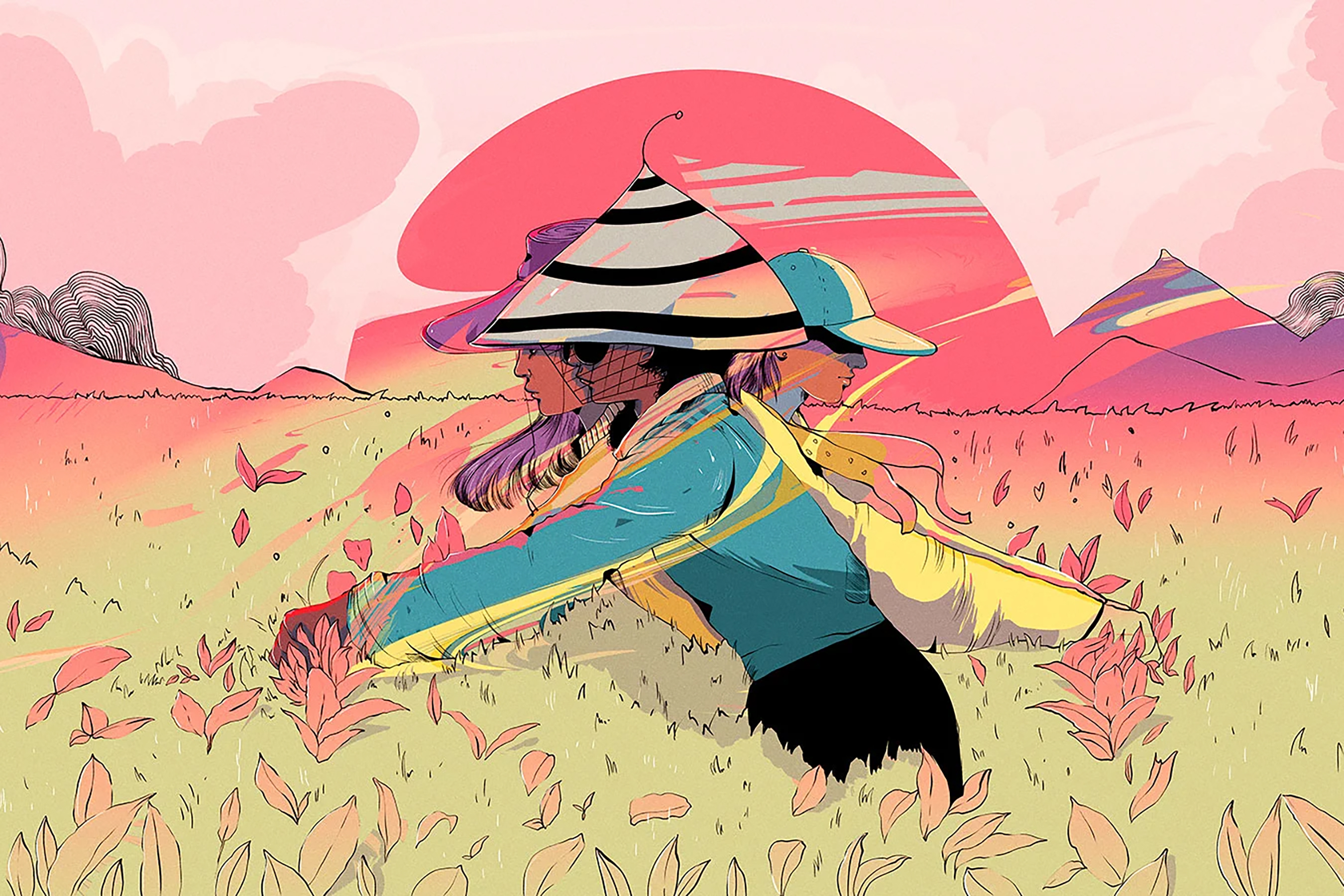
During the panel, Thomas, Martine and Stephens spoke about the importance of highlighting stories written by those who have generational knowledge of colonization. “People living on the margins of society are affected by the climate crisis the most,” says Thomas. “They have no political power to challenge the corporations who come in and use their space. It’s not an abstract concept. We need to listen to the communities at ground zero.”
“People living on the margins of society are affected by the climate crisis the most. ... We need to listen to the communities at ground zero.”
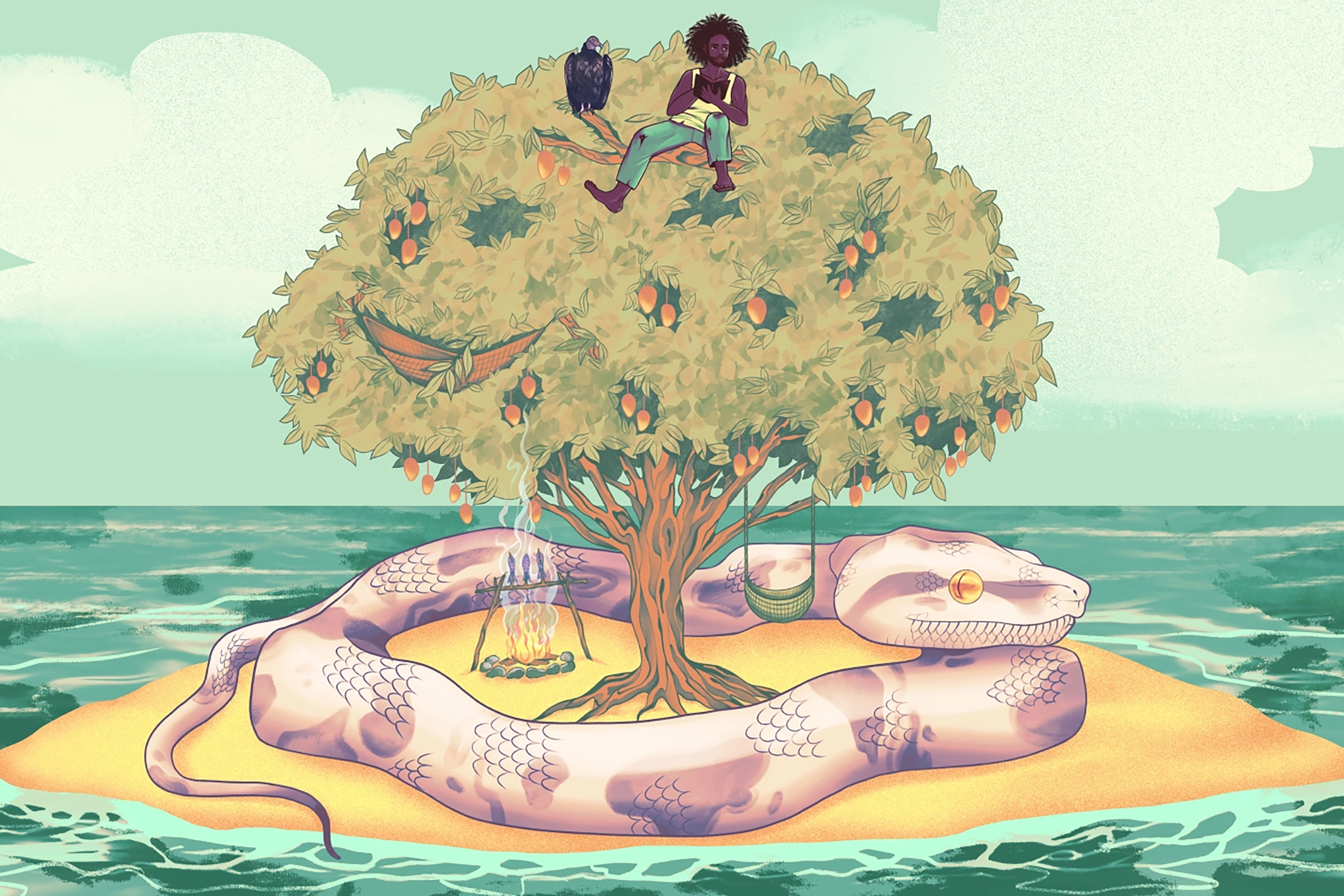
The winning story, The Metamorphosis of Marie Martin, written by Nadine Tomlinson, is about a Jamaican woman who struggles with egocentricity until she learns a valuable life lesson from the sea. Other top submissions include stories about shark-infested Hawaiian waters spurring personal and collective growth, a bioengineer who finds answers to difficult questions through her dying grandmother’s dreams, and a struggling tea farm that leads a group of women to expand their chosen family. “We believe that to enjoy tea, you have to understand the colonial history—not only to acknowledge the wrongs of the past but to understand how it flavors the present,” Susan Kaye Quinn notes in her story Seven Sisters.
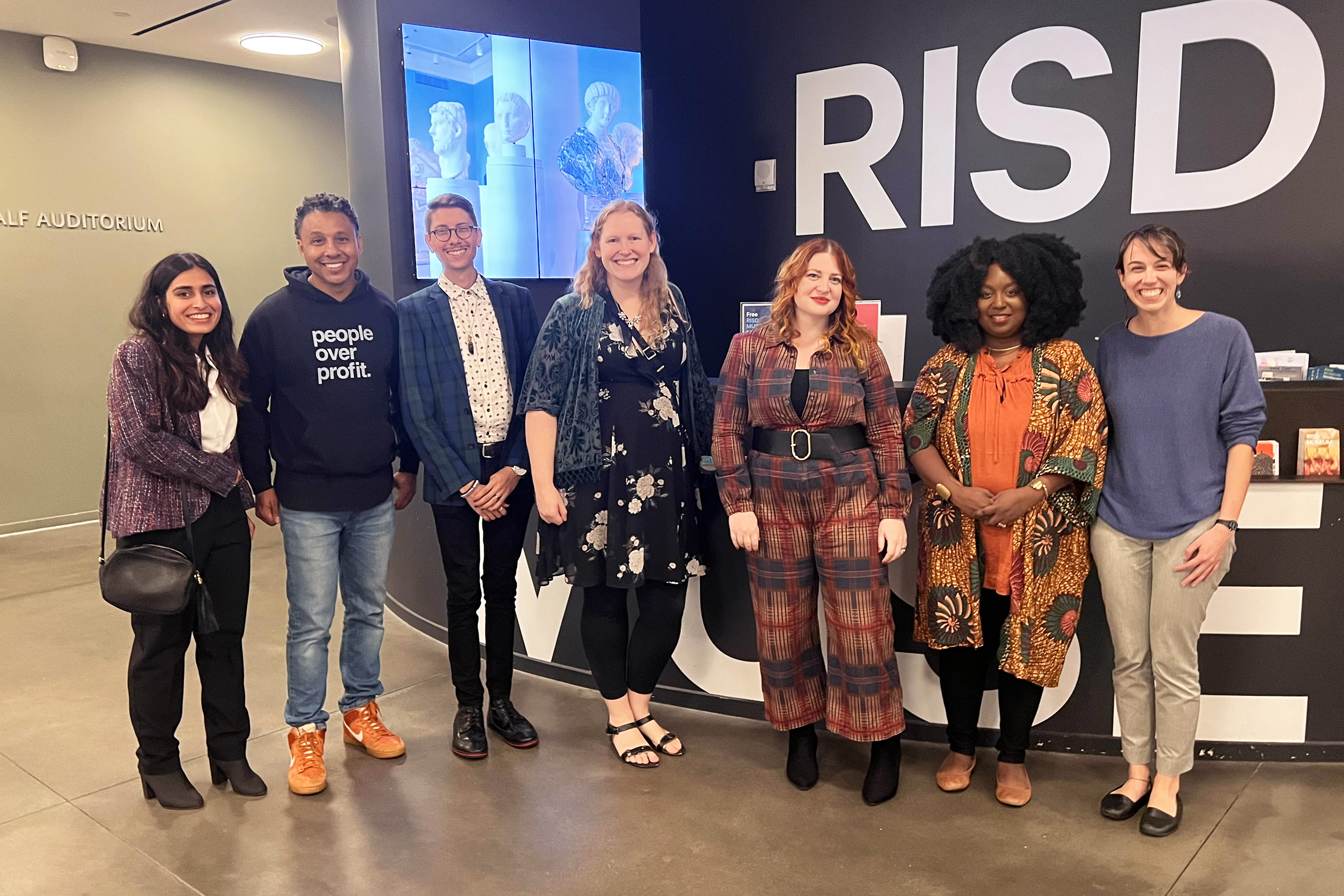
Outside of collaborating with Stephens, Singhi is exploring the effects of colonialism and other cross-cultural histories on contemporary cuisines in her thesis project. “I grew up in India eating street food,” she says. “It’s chaotic and full of noise, and you are constantly in contact with other bodies. I’m exploring how to place the extremely big concepts of Nature-Culture-Sustainability Studies in a country where the language, culture and way of eating is entirely different than in the US.”
“We’re not going to reach a more equitable future unless we start elevating and listening to the voices of creators and thinkers who continue to be marginalized.”
Nesselrode Moncada credits Singhi with bringing this important discussion to RISD and adds, “We’re not going to reach a more equitable future unless we start elevating and listening to the voices of creators and thinkers who continue to be marginalized. We need to think about models, histories, experiences and perspectives that disrupt the white, Euro-American, upper-class narrative and that challenge us to think more expansively about our relation not just to nature but to one another as well.”
—Isabel Roberts
Watch a video of the panel discussion.
October 20, 2022
